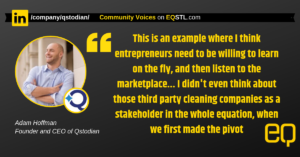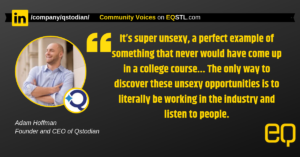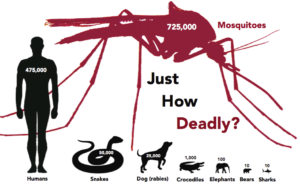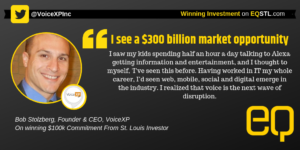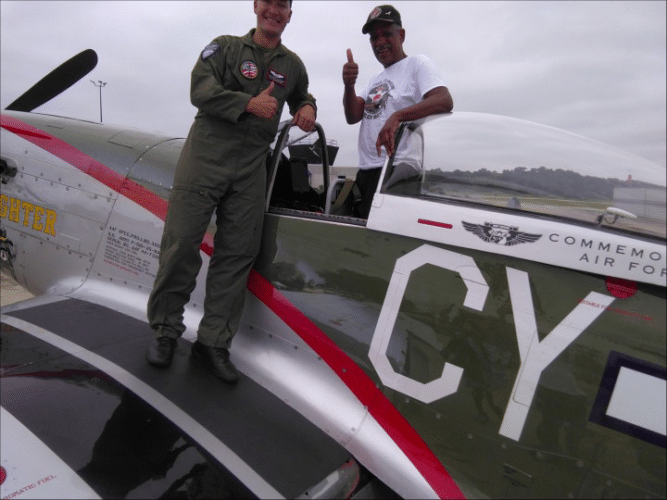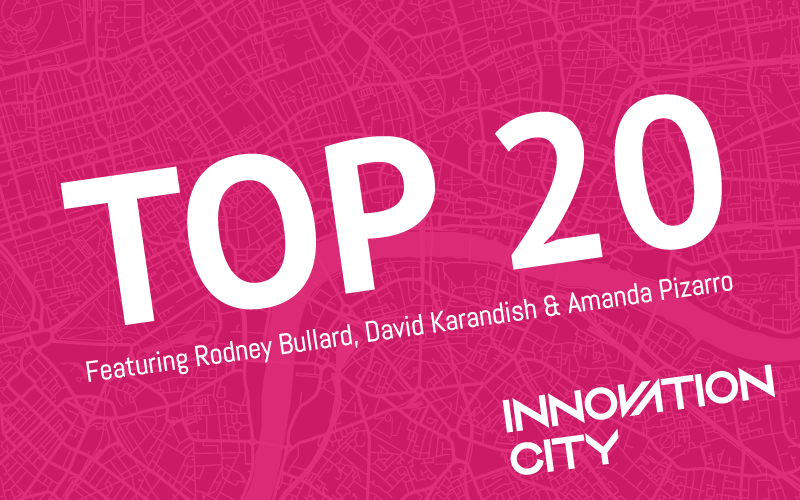
Disrupting Global Business with Gary Kellmann

Gary Kellmann launched his first invention just after college and has sold millions of both his own inventions and those of others he’s partnered with. With a solid understanding of the globalized economy, today he’s helping people get to market globally in today’s economy.
Are you an inventor or entrepreneur?
I always thought I was an inventor, but now I understand I’m a really good manager of the innovation business model processes. I started with Belly Lights, where I invented wearable LED accessories for parties and events, but now I work on finding Chinese partners for both Fortune 500 companies and some of the interesting startups I run into, too.
Where do you spend the most time?
In China, I’m in the countryside, taking transit, in the working-class neighborhoods. When I’m here in the US, I’m up all night with my staff in China or meeting entrepreneurs or meeting corporate sourcing people to help them make deals.
How does one do business in China?
Wal-Mart, wildly successful here, tried to replicate their US stores in China and failed. They had to rethink and look more like a Chinese market with live seafood with the kinds of customer service Chinese expect. You have to understand the local culture wherever you go.
Tell us about the picture you sent for use with this story—who’s in the shot and what’s interesting to you about it?
It’s me with a Fengshui Master who had just finished decorating the hotel and tea house where I stayed after first moving to China in 2004. We had weekly meetups in this tea house setting for me to learn about the thousands of years of Chinese history and how this affects today’s culture and business.
What’s the biggest untapped potential you see today?
America needs to realize the buying power of China. There are more people in the Chinese middle class, which never existed before, than all the classes in the US combined.
How you would describe your POV on the world?
Humanity is good, all cultures are good, it doesn’t matter where you’re from. Look at what the Bosnians did for South St. Louis coming from a civil war to here.
How is your business model different than most for doing business in China?
I end up being a mentor, like helping Steve Young of Synek get manufacturing and distribution. Now that China has matured, it’s also a market to export to instead of just being a low cost manufacturing country, so I’m also working with people to launch new consumer products for sale in China.
Beyond education and training, what prepared you for what you’re doing now?
My dad instilled desire, dedication and determination in me. He’s 75 years old and still working his butt off running his landscape business. He makes the world a better place through his water features—they’re incredible.
Who else’s work do you admire and why?
I’ve always admired Thomas Edison and feel like our stories are similar. Just like him, I got notes sent home from school by my teachers, too (laughs).
What’s something you just learned about that you’d like to spend more time exploring?
Bitcoin and blockchain. The concept of clean transactions without banks taking their cut and slowing things down.
We do millions of dollars in foreign currency transactions each year and there’s got to be a better way than letters of credit.
When have you failed and what did you learn?
I sold my company in 2004 and took all my cash to China to make a fortune re-investing it. I lost it all, I didn’t really understand how the Chinese do business.
Chinese people trying to invest in the US have lost their shirts, too, because they didn’t understand our culture and practices. You have to spend the time doing the hard work if you want to succeed anywhere.
Imagine you spend a long flight with some amazing people—who are they and what do you talk about?
I’ve met so many amazing people on flights having these conversations. I want to be with Jack Ma of Alibaba, the President of the U.S. and Elon Musk, talking about what we can do to disrupt things together.
Favorite guilty pleasure?
I love to go escape to my parents’ farm outside Owensville where I grew up.
What’s your go-to tool for the tough stuff: the haters, those that don’t get what you’re doing and why?
I’m hard-headed and determined. I ate mac and cheese until I was successful.
I do what it takes and believe in the vision.
How can people follow you (twitter, blog, events, etc.)?
Join us at the monthly Inventors Association of St. Louis event at Venture Cafe. That’s where I am when I’m here in St. Louis, and that’s where we’re having the conversations about invention, entrepreneurship and global business.

